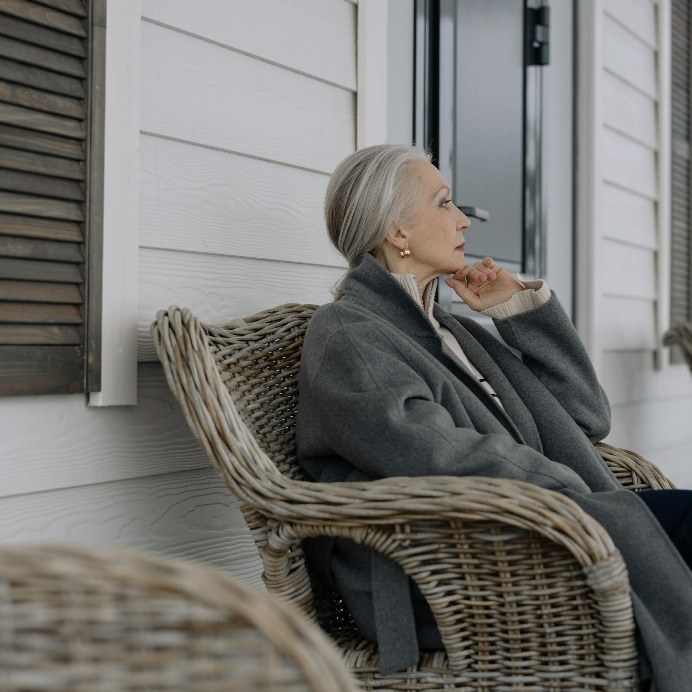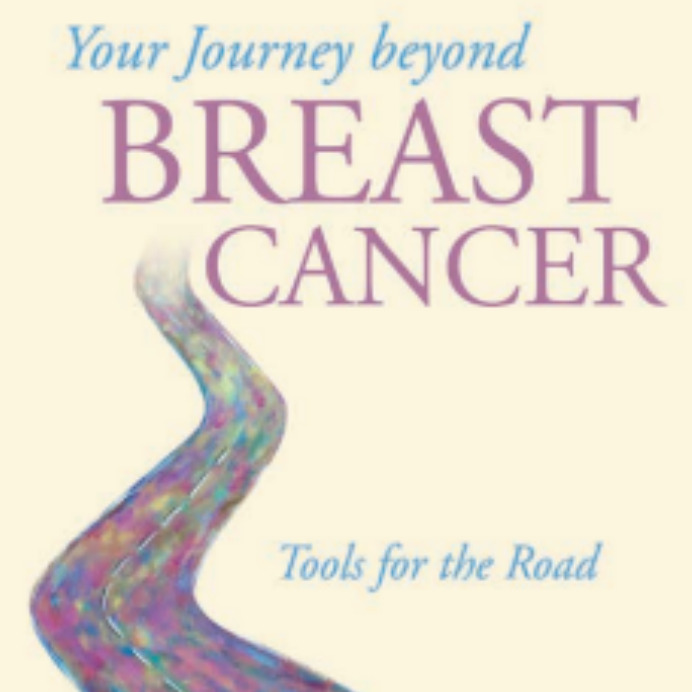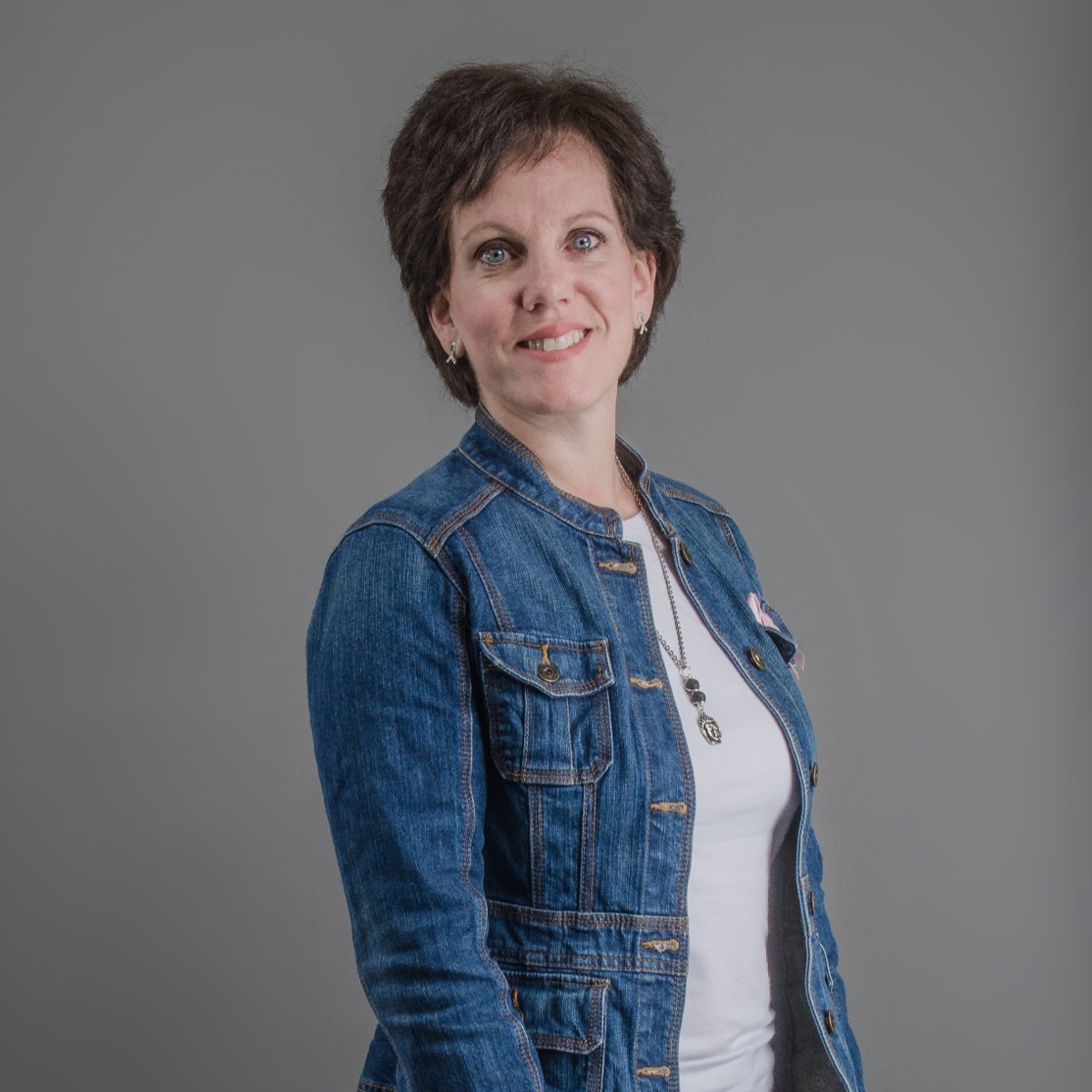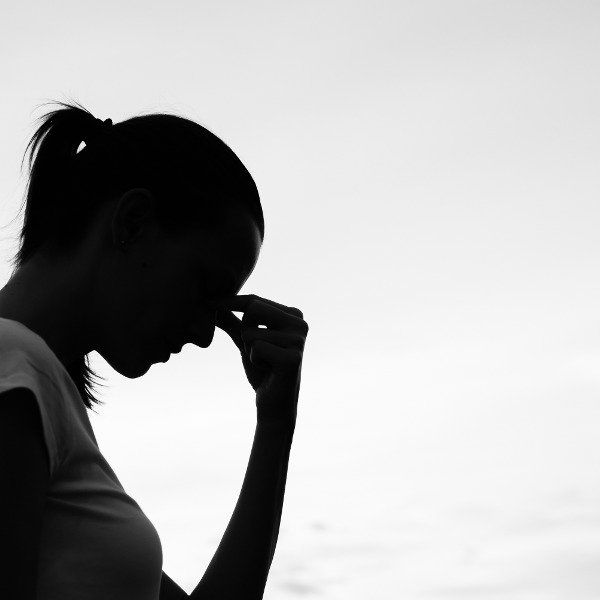By continuing to use our site, you consent to the processing of cookies, user data (location information, type and version of the OS, the type and version of the browser, the type of device and the resolution of its screen, the source of where the user came from, from which site or for what advertisement, language OS and Browser, which pages are opened and to which buttons the user presses, ip-address) for the purpose of site functioning, retargeting and statistical surveys and reviews. If you do not want your data to be processed, please leave the site.
The Voice of People With Breast Cancer
Education
Our Voices Blog
Tag : anxiety
Anxiety, PTSD and Depression: How to manage the emotional side of breast cancer
For me, hearing these words felt like I was falling into a deep pit that I had no way of crawling out of. My diagnosis wasn’t something I could negotiate or talk my way out of either—two things I am fairly good at. This lack of control and inability to change my situation hit me hard. I had to accept that cancer was my new reality, and this filled me with fear. The feelings that followed oscillated between depression and anxiety—and they weren’t fleeting.
Questions & Experts: A Clinical Psychologist Answers Your Questions About the Mental Health Impact of a Breast Cancer Diagnosis
A breast cancer diagnosis comes with so many questions and there never seems to be enough time at appointments to have some of these questions answered. To help address this, we developed a "Q&E: Questions and Experts" series. In this series, a variety of experts spend the entire virtual session answering pre-submitted and live questions from participants. Watching the videos on-demand might be a little difficult to get through. So, we’ve created this guide to help you get right to the questions and answers that matter the most to you
The Mental Health Impacts of a Breast Cancer Diagnosis
Experiencing a breast cancer diagnosis is overwhelming and while the overall physical impacts of the disease are well-known, the mental health impacts are often less discussed. The shock of being diagnosed, the fear of recurrence, and the anxiety that comes with living with a breast cancer diagnosis, among other mental health effects, are not considered. As far as the public knows, breast cancer is a physical disease that lasts only as long as its treatment. However, we know that is nowhere near the truth. To highlight this, we asked community members to comment on what impact their breast cancer diagnosis and experience has ha or continues to have on their mental health.
Radiation Prep. Three Tips You Need to Help You Feel in Control and to Support Yourself
Having radiation treatment is something you can never truly be emotionally ready for. At least I wasn’t. The doctors shared the basic need-to-know information, but the rest felt vague, unknown and definitely out of my control. Of course I Googled radiation treatment and what to expect, but again, something was missing. Where was the insider insight I desperately wanted? Rationally, I knew there would never be a guide tailored to my breast cancer experience, everyone experiences it differently as treatment is unique to your cancer and your body. But after the surgery, after I was told I had Stage 1 cancer, after my lump was sent to California for Oncotype DX testing to determine whether or not it would spread, have the likelihood of a recurrence and what my best treatment plan should be, it was my turn. And I always wished there was a checklist I could refer to or a step-by-step action plan I could walk to make my journey into the unknown a little better. There wasn’t, so I’m sharing what I’ve learned along the way so that if you need this insight or know someone else who may, it is here for you.
Practical Tools to Find Inner Strength and Resiliency During Breast Cancer and Beyond
I know you remember the moment you heard, “You have breast cancer”. Those words began a long journey with many possible roadblocks and detours. You will all be at different points on your cancer timeline. Perhaps you have just been diagnosed, are continuing with treatment, or even managing a reoccurrence. Because each of you is more than a statistic, your journey will be unique. The path to follow must be the one that is right for you. At each turn, you will be faced with many hard decisions. You certainly did not choose this challenge, but it is now in front of you. Deciding what is important, how you want to live, and setting your priorities are some of the many demands of this disease. The challenge is how do you want to move forward towards healing which is finding your wholeness and balance. Cure is the absence of physical disease. Everyone hopes for a cure. Even if you cannot achieve a cure, you can and must seek your definition of healing.
Coping With Scanxiety
Scanxiety may not officially be a real word, but the feelings it brings about are real. Very Well Health defines scanxiety as the term used to “describe the anxiety people with cancer feel while waiting for scans”. Regardless of whether the scans are for diagnostic purposes, monitoring treatment, checking recurrence or as a check-up, individuals can experience apprehension before, during, and while waiting for the results of their scans. The apprehension and fear that is felt can range from feeling claustrophobic in the scan machine to imagining the worst-case scenario of the scan results. Many people experience scanxiety so it is important to learn coping techniques that help eliminate the anxiety.
How I regained control of my life when breast cancer made me feel like I had lost it
My journey began on New Year’s Eve 2015, when I noticed a red mark on my right breast. It wasn’t long before my stomach dropped and I felt my face flush while my throat did that swallowing action reserved for moments just like this.
Depression, anxiety and ways to cope
If you’re a breast cancer patient who’s experiencing significant depression or anxiety, you’re not alone. Roughly one-quarter of breast cancer patients get help for anxiety or depression during their treatment. There are many reasons a person may feel anxious or depressed because of their cancer diagnosis.











